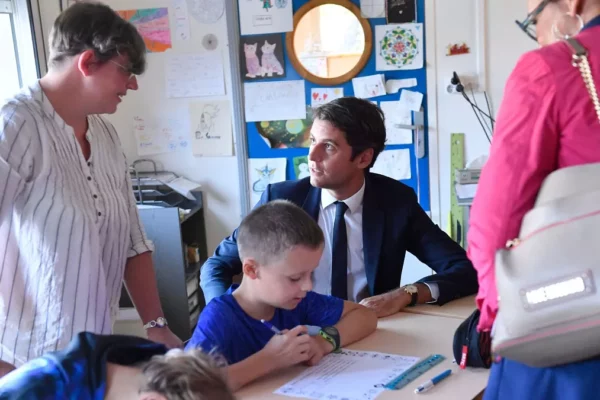Introduction to Early Childhood Education
As a parent, I have always believed in the power of education to shape a child’s future. From the moment they are born, children are like sponges, absorbing everything around them. That is why early childhood education plays a crucial role in building a strong foundation for lifelong learning. It is during these early years that children develop the cognitive, social, and emotional skills that will shape their future success.
The Impact of Early Childhood Education on Cognitive Development
Cognitive development is a key aspect of early childhood education. It is during these formative years that children’s brains are rapidly developing, and they are laying the foundation for future learning. Research has shown that children who receive quality early childhood education experience long-lasting cognitive benefits. They develop better language and communication skills, enhanced problem-solving abilities, and improved memory and attention span. These skills provide a solid foundation for academic success in later years.
The Importance of Social and Emotional Development in Early Childhood Education
In addition to cognitive development, early childhood education also focuses on social and emotional development. During these early years, children learn to navigate social interactions, develop empathy, and regulate their emotions. These skills are essential for building healthy relationships and developing a strong sense of self. Studies have shown that children who receive early childhood education are more likely to have higher self-esteem, better social skills, and lower levels of aggression. They also develop a greater capacity for empathy and understanding, which are crucial for a well-rounded, socially responsible individual.
Early Childhood Education and Language Development
Language development is another critical aspect of early childhood education. During these early years, children’s brains are highly receptive to language acquisition. By exposing children to a rich language environment through storytelling, conversations, and reading, early childhood education plays a vital role in developing strong language skills. Children who receive quality early childhood education are more likely to have larger vocabularies, better grammar, and more advanced reading skills. These language skills not only contribute to academic success but also provide a strong foundation for effective communication throughout life

.
The Role of Play in Early Childhood Education
Play is an integral part of early childhood education. It is through play that children learn about the world around them, develop their creativity, and acquire problem-solving skills. Play allows children to explore their interests, experiment with different ideas, and learn from their mistakes. It fosters imagination, curiosity, and a love for learning. Research has shown that quality play-based early childhood education programs enhance children’s cognitive, social, and emotional development. By incorporating play into the curriculum, educators can create engaging and meaningful learning experiences for young children.
The Benefits of Early Childhood Education for Future Academic Success
Investing in early childhood education has numerous benefits for future academic success. Studies have consistently shown that children who receive quality early childhood education are more likely to perform well academically throughout their schooling years. They have higher graduation rates, better grades, and are more likely to continue their education beyond high school. The foundation of knowledge and skills built during these early years sets children on a trajectory for success. Early childhood education equips children with the necessary tools to navigate the challenges of formal education and instills a lifelong love for learning.
How Early Childhood Education Promotes Critical Thinking and Problem-Solving Skills
Critical thinking and problem-solving skills are essential for success in today’s rapidly changing world. Early childhood education provides a platform for developing these skills from an early age. Through hands-on activities, open-ended questions, and opportunities for exploration, children are encouraged to think critically and solve problems independently. These experiences foster creativity, analytical thinking, and resilience. By nurturing these skills during the early years, early childhood education prepares children to face challenges, adapt to new situations, and become lifelong problem solvers.
The Role of Early Childhood Education in Fostering Creativity and Imagination
Creativity and imagination are at the heart of early childhood education. By providing children with opportunities for self-expression, creative thinking, and imaginative play, early childhood education nurtures and develops these essential skills. Creative expression helps children develop their unique voice, explore their emotions, and think outside the box. Imagination allows children to envision possibilities, explore different perspectives, and develop innovative solutions. Early childhood education provides the fertile ground for children to unleash their creativity and imagination, laying the groundwork for a lifetime of innovation and artistic expression.
The Importance of Early Childhood Education for Building Positive Relationships
Early childhood education is not just about academic and cognitive development; it also plays a vital role in building positive relationships. By fostering a sense of belonging, promoting teamwork, and encouraging empathy, early childhood education helps children develop strong interpersonal skills. These skills enable children to form healthy and meaningful relationships with their peers, teachers, and the wider community. Early childhood education provides a safe and supportive environment where children learn to appreciate diversity, respect others, and work collaboratively. These social skills are essential for success in all areas of life, from personal relationships to the workplace.









Comments on " The Importance of Early Childhood Education: Building a Strong Foundation for Lifelong Learning" :